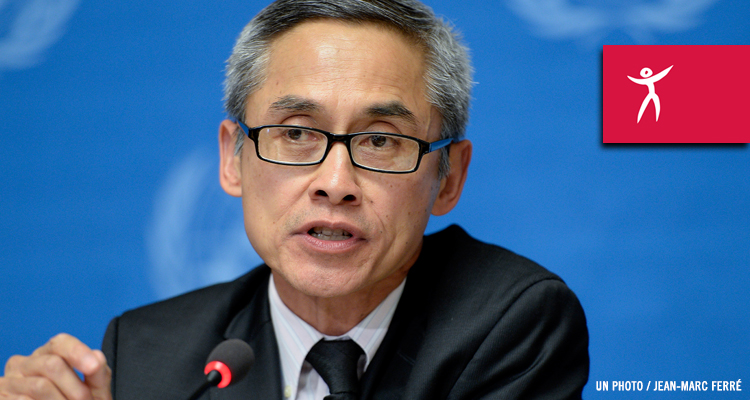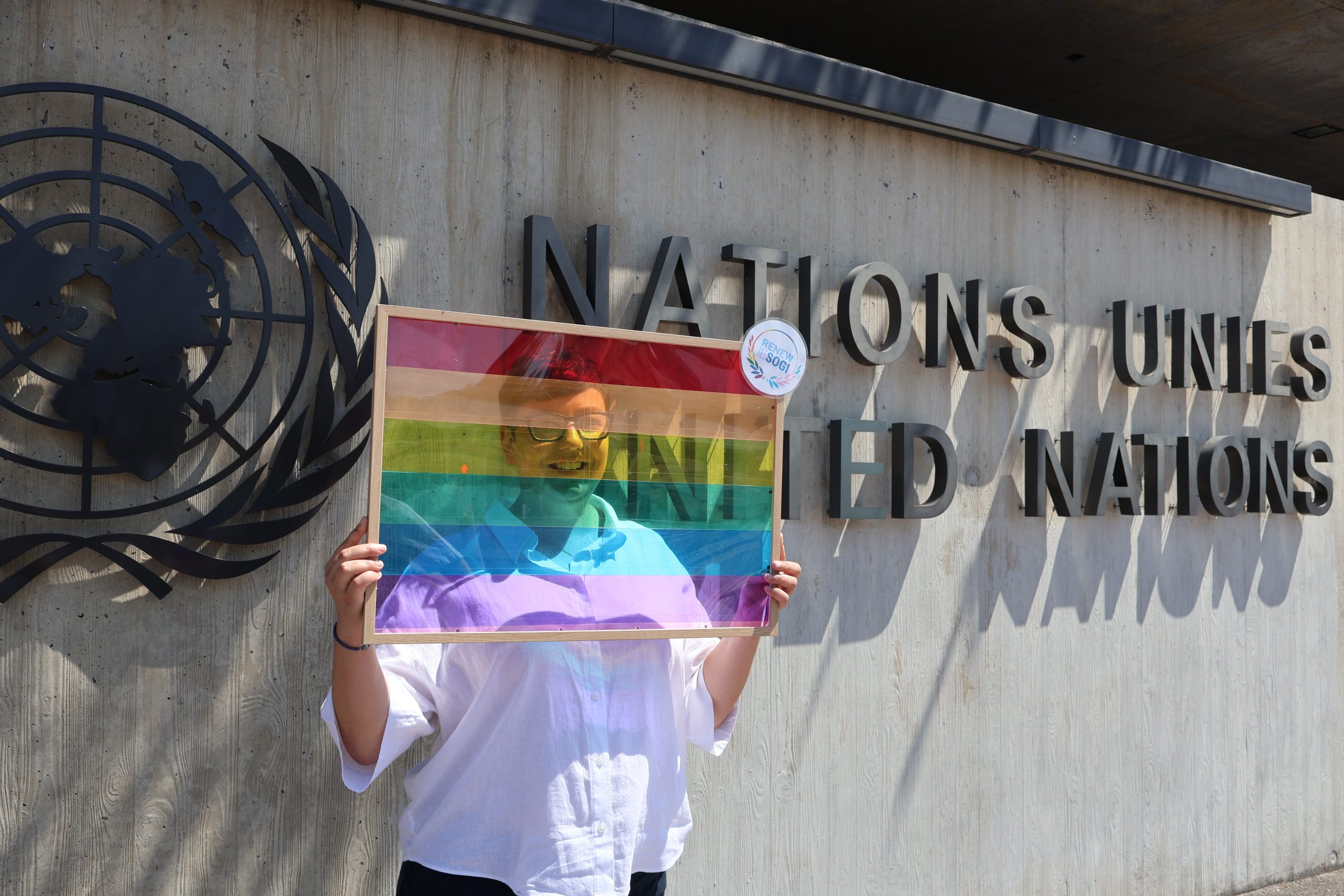Human rights organisations are celebrating the defeat of an amendment to the Human Rights Council’s annual report that sought to indefinitely halt the work of the recently appointed UN expert tasked with combatting discrimination faced by lesbian, gay, bisexual and trans people.
The vote was defeated 84 to 77, with 16 abstentions.
ISHR’s women’s rights and LGBT rights programme manager, Pooja Patel, said the outcome was a victory for equality and an important reminder that human rights are universal.
‘The discrimination and violence faced by lesbian, gay, bisexual and trans people around the world is real and needs to be combatted. The UN’s independent expert is a great asset for such efforts and it’s very good news that Mr Muntarbhorn will be continuing his work,’ said Ms Patel.
Eight hundred and seventy organisations from 157 countries around the world had signed an open letter urging the governments represented in the General Assembly to continue the expert’s work.
‘It’s good to see decisions of the Human Rights Council being respected by other UN bodies. A negative outcome today would have risked eroding the Council’s authority as the world’s peak human rights body,’ said Ms Patel.
However, given how close the vote was Ms Patel pointed out how much work needs to be done to build bridges with certain states and that a key part of the expert’s work will need to include engaging in dialogue and building understanding on the issues.
‘Who you love shouldn’t be a crime, yet homosexuality is still illegal in over 70 countries. Today’s vote is a modest victory, but it’s an important one that will help efforts to address such injustices,’ said Ms Patel.




